Four Rivers Project
입력 2018.07.05 (15:09)
수정 2018.07.05 (15:13)
읽어주기 기능은 크롬기반의
브라우저에서만 사용하실 수 있습니다.
[Anchor Lead]
The Board of Audit and Inspection on Wednesday announced the results of a year-long probe into the former Lee Myung-bak government's signature project to restore the country’s four major rivers. In addition to the 23 trillion won already spent, the project requires continued costs for river maintenance. A study on its economic feasibility shows a 25 trillion won loss over 50 years.
[Pkg]
The former Lee Myung-bak administration spent 23 trillion won on the four-river restoration project between October 2009 and December 2012. Maintaining the river facilities over 50 years would require over 31 trillion won. The total amount includes 24.7 trillion won needed for the restoration of the four rivers and additional costs required for maintenance and reinvestment. However, benefits gained from the project are estimated at a mere 6.6 trillion won. In other words, the 31-trillion-won investment would only generate an effect worth six trillion won. This means that nearly 25 trillion won went down the drain. The benefits include three and a half trillion won in terms of creating a better waterfront environment for the public, while improvement in water quality is worth 230 billion won. But there was zero effect in flood prevention, the primary reason of the river restoration project.
[Soundbite] Park Chan-seok (Board of Audit & Inspection): "The economic analysis is based on the actual cost of the project and actually measured data. The benefit on flood prevention may have been underestimated due to low precipitation since the project was launched."
The economic analysis of the Lee Myung-bak administration's river restoration project was conducted by the Seoul National University's Industry-Academic Cooperation Foundation at the request of the Board of Audit and Inspection.
The Board of Audit and Inspection on Wednesday announced the results of a year-long probe into the former Lee Myung-bak government's signature project to restore the country’s four major rivers. In addition to the 23 trillion won already spent, the project requires continued costs for river maintenance. A study on its economic feasibility shows a 25 trillion won loss over 50 years.
[Pkg]
The former Lee Myung-bak administration spent 23 trillion won on the four-river restoration project between October 2009 and December 2012. Maintaining the river facilities over 50 years would require over 31 trillion won. The total amount includes 24.7 trillion won needed for the restoration of the four rivers and additional costs required for maintenance and reinvestment. However, benefits gained from the project are estimated at a mere 6.6 trillion won. In other words, the 31-trillion-won investment would only generate an effect worth six trillion won. This means that nearly 25 trillion won went down the drain. The benefits include three and a half trillion won in terms of creating a better waterfront environment for the public, while improvement in water quality is worth 230 billion won. But there was zero effect in flood prevention, the primary reason of the river restoration project.
[Soundbite] Park Chan-seok (Board of Audit & Inspection): "The economic analysis is based on the actual cost of the project and actually measured data. The benefit on flood prevention may have been underestimated due to low precipitation since the project was launched."
The economic analysis of the Lee Myung-bak administration's river restoration project was conducted by the Seoul National University's Industry-Academic Cooperation Foundation at the request of the Board of Audit and Inspection.
■ 제보하기
▷ 카카오톡 : 'KBS제보' 검색, 채널 추가
▷ 전화 : 02-781-1234, 4444
▷ 이메일 : kbs1234@kbs.co.kr
▷ 유튜브, 네이버, 카카오에서도 KBS뉴스를 구독해주세요!
- Four Rivers Project
-
- 입력 2018-07-05 15:10:41
- 수정2018-07-05 15:13:30
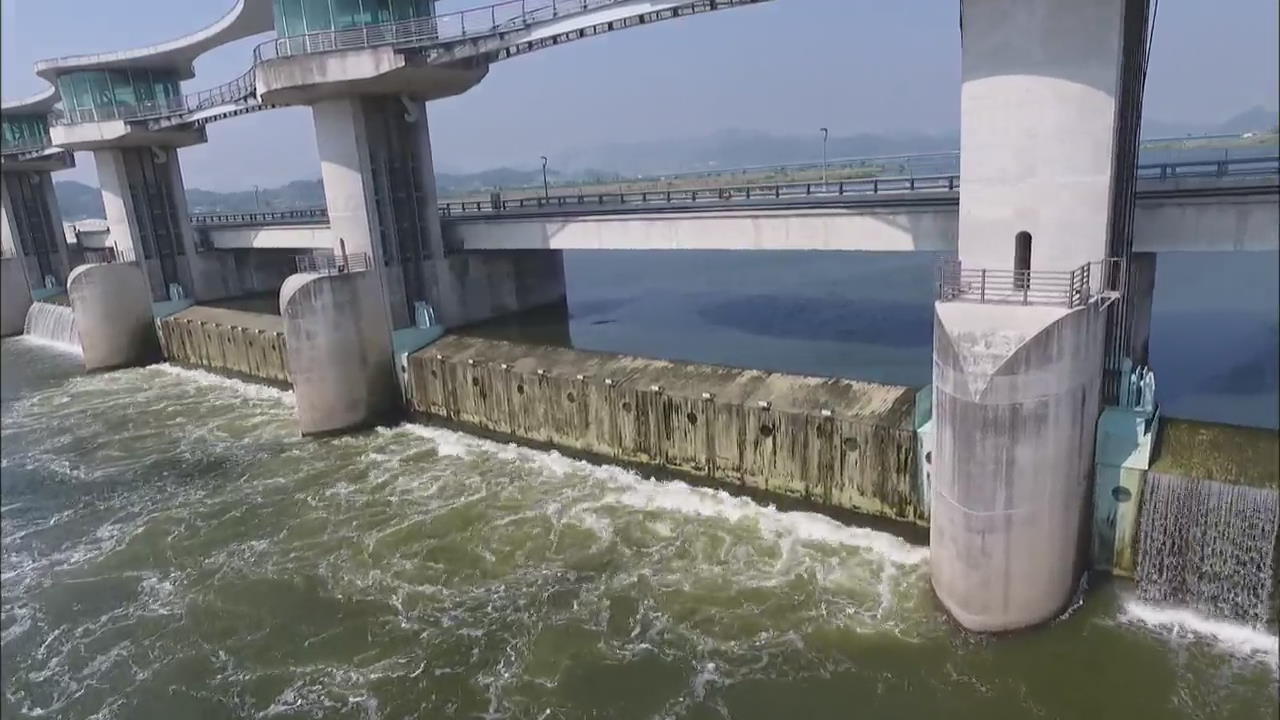
[Anchor Lead]
The Board of Audit and Inspection on Wednesday announced the results of a year-long probe into the former Lee Myung-bak government's signature project to restore the country’s four major rivers. In addition to the 23 trillion won already spent, the project requires continued costs for river maintenance. A study on its economic feasibility shows a 25 trillion won loss over 50 years.
[Pkg]
The former Lee Myung-bak administration spent 23 trillion won on the four-river restoration project between October 2009 and December 2012. Maintaining the river facilities over 50 years would require over 31 trillion won. The total amount includes 24.7 trillion won needed for the restoration of the four rivers and additional costs required for maintenance and reinvestment. However, benefits gained from the project are estimated at a mere 6.6 trillion won. In other words, the 31-trillion-won investment would only generate an effect worth six trillion won. This means that nearly 25 trillion won went down the drain. The benefits include three and a half trillion won in terms of creating a better waterfront environment for the public, while improvement in water quality is worth 230 billion won. But there was zero effect in flood prevention, the primary reason of the river restoration project.
[Soundbite] Park Chan-seok (Board of Audit & Inspection): "The economic analysis is based on the actual cost of the project and actually measured data. The benefit on flood prevention may have been underestimated due to low precipitation since the project was launched."
The economic analysis of the Lee Myung-bak administration's river restoration project was conducted by the Seoul National University's Industry-Academic Cooperation Foundation at the request of the Board of Audit and Inspection.
The Board of Audit and Inspection on Wednesday announced the results of a year-long probe into the former Lee Myung-bak government's signature project to restore the country’s four major rivers. In addition to the 23 trillion won already spent, the project requires continued costs for river maintenance. A study on its economic feasibility shows a 25 trillion won loss over 50 years.
[Pkg]
The former Lee Myung-bak administration spent 23 trillion won on the four-river restoration project between October 2009 and December 2012. Maintaining the river facilities over 50 years would require over 31 trillion won. The total amount includes 24.7 trillion won needed for the restoration of the four rivers and additional costs required for maintenance and reinvestment. However, benefits gained from the project are estimated at a mere 6.6 trillion won. In other words, the 31-trillion-won investment would only generate an effect worth six trillion won. This means that nearly 25 trillion won went down the drain. The benefits include three and a half trillion won in terms of creating a better waterfront environment for the public, while improvement in water quality is worth 230 billion won. But there was zero effect in flood prevention, the primary reason of the river restoration project.
[Soundbite] Park Chan-seok (Board of Audit & Inspection): "The economic analysis is based on the actual cost of the project and actually measured data. The benefit on flood prevention may have been underestimated due to low precipitation since the project was launched."
The economic analysis of the Lee Myung-bak administration's river restoration project was conducted by the Seoul National University's Industry-Academic Cooperation Foundation at the request of the Board of Audit and Inspection.
이 기사가 좋으셨다면
-
좋아요
0
-
응원해요
0
-
후속 원해요
0










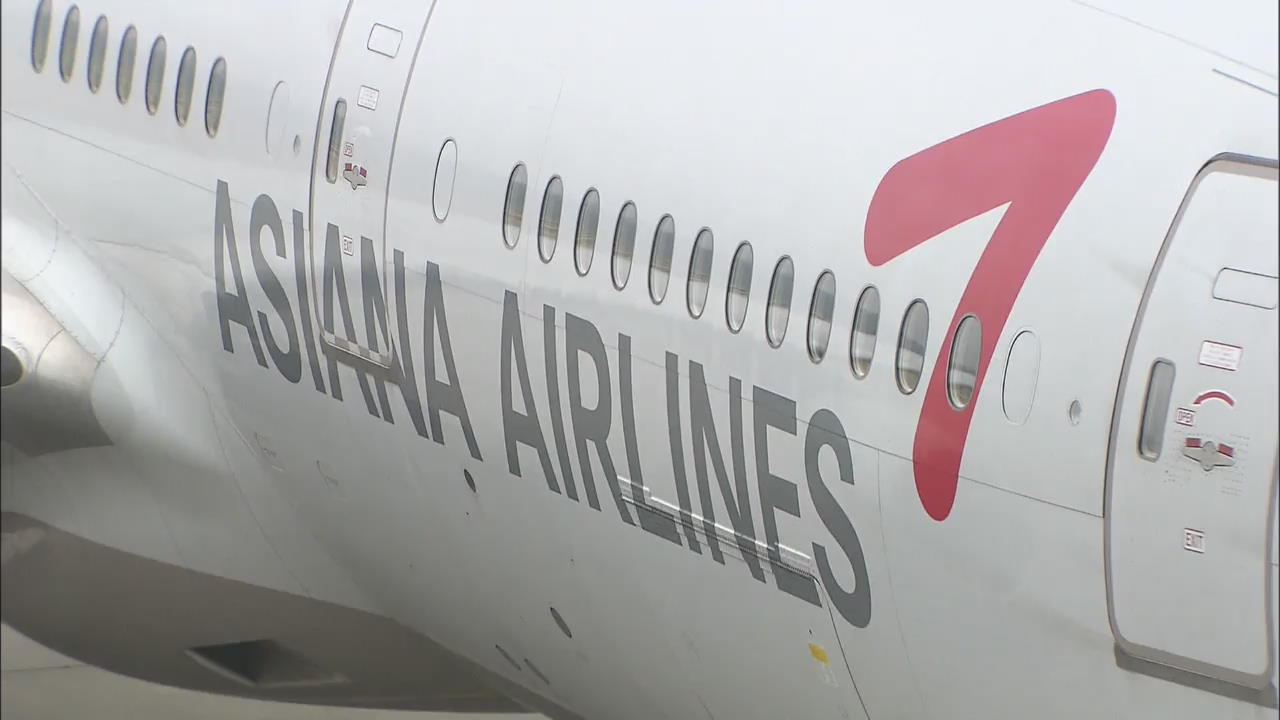

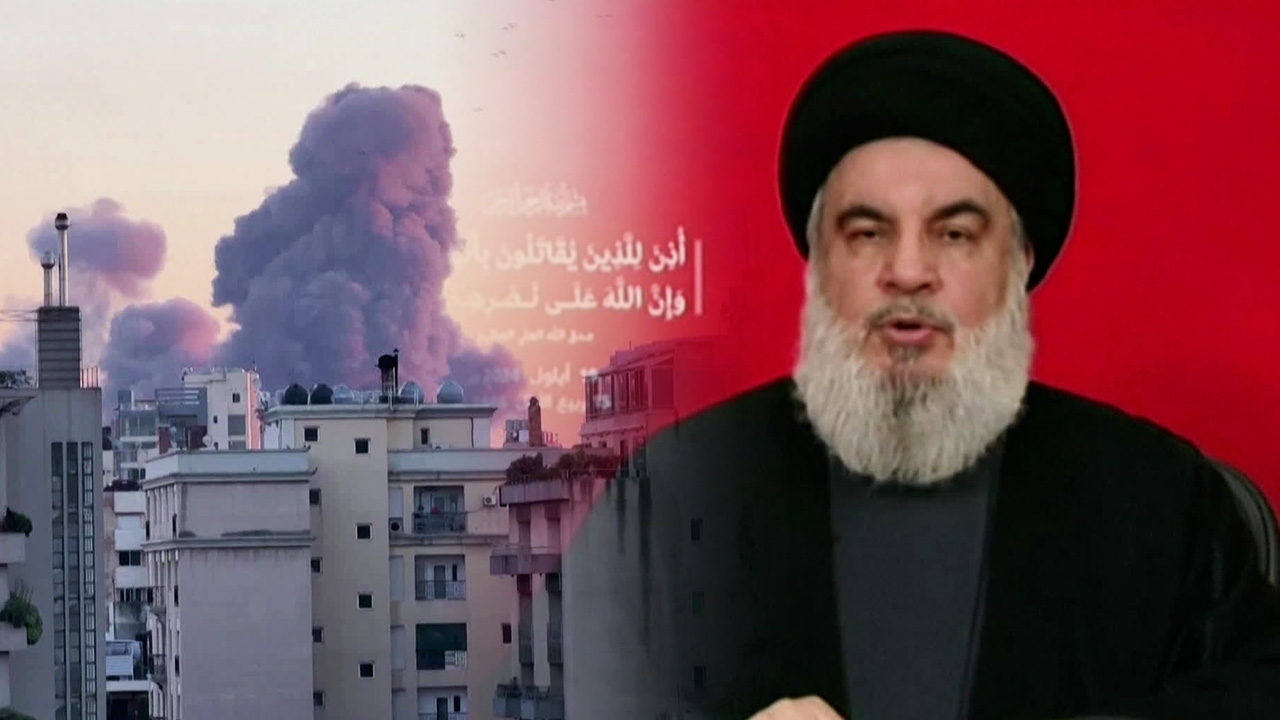
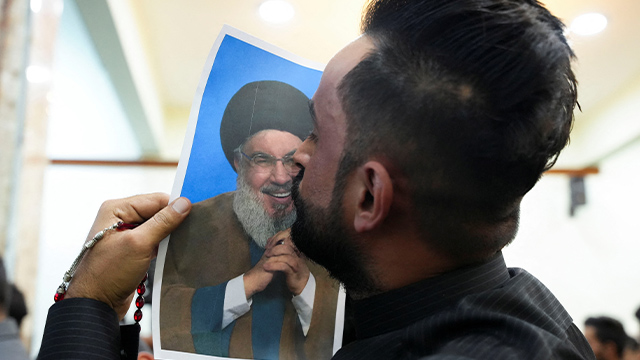
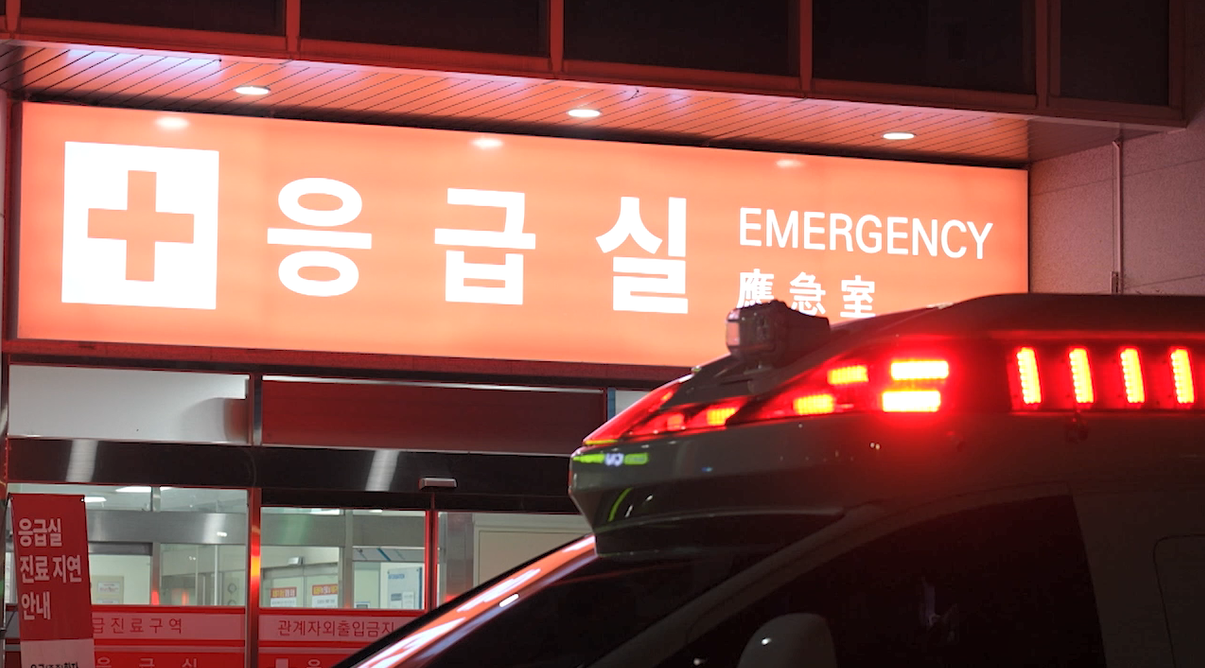
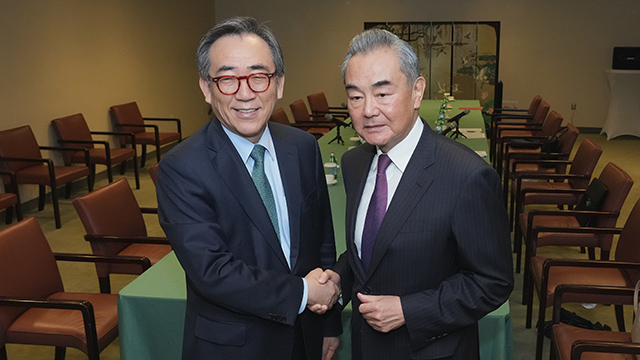

이 기사에 대한 의견을 남겨주세요.